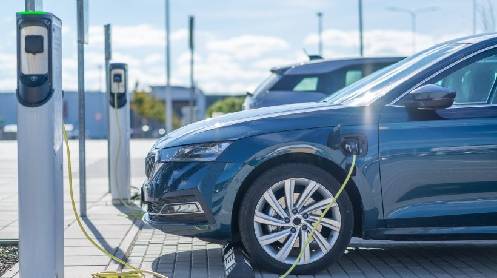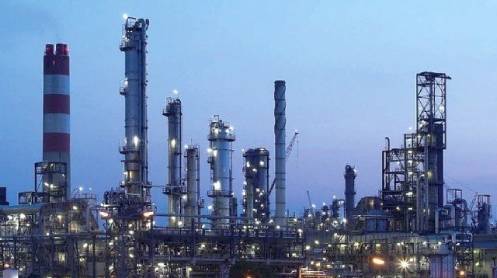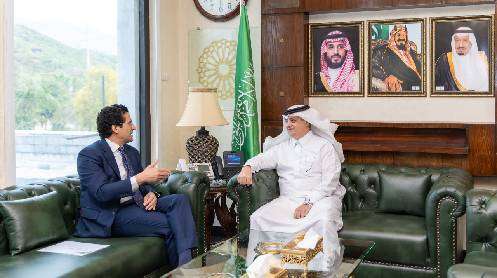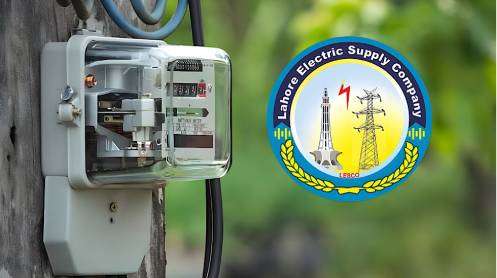ISLAMABAD: In a landmark move to accelerate Pakistan’s transition to electric mobility, the government has approved a five-year Rs100 billion subsidy programme aimed at deploying 116,000 electric bikes and 3,170 electric rickshaws/loaders. This initiative, set to be formally launched by Prime Minister Shehbaz Sharif on August 14, will be financed through a newly introduced tax on conventional vehicles—dubbed the New Electric Vehicle Adoption Levy (NEVAL).
Approved by the Economic Coordination Committee (ECC), the NEVAL will impose a 1% levy on local and imported cars up to 1300cc, 2% on 1301–1800cc vehicles, and 3% on those above 1800cc. The levy is projected to generate Rs122 billion, fulfilling a key condition of the \$1.4 billion Resilience and Sustainability Facility (RSF) from the IMF, while simultaneously funding the EV subsidy.
The subsidy rollout will occur in two phases. The first will see the distribution of 40,000 e-bikes and 1,000 e-rickshaws/loaders nationwide, including in Azad Kashmir and Gilgit-Baltistan. The second phase will cover the remaining 76,000 e-bikes and 2,170 rickshaws/loaders. A special quota includes 219 e-bikes for top-performing students.
Key highlights of the scheme include:
- Interest-free financing through conventional and Islamic loans (government will cover full markup)
- Loan limit: Up to Rs200,000 for e-bikes and Rs880,000 for e-rickshaws/loaders
- Government contribution: Rs50,000 for e-bikes and Rs200,000 for rickshaws/loaders
- Target groups: 25% of e-bikes for women, 10% for commercial delivery use, and 10% of rickshaw quota for Balochistan
- Digital application portal with transparent selection via e-balloting
To ensure local capacity, only manufacturers and assemblers approved by the Engineering Development Board (EDB) will participate. The government aims to push EVs to comprise 30% of all new vehicle sales by 2030 in line with Pakistan’s climate commitments.
Additionally, the ECC approved a supplementary Rs30bn grant to clear prior remittance-related claims and called for a comprehensive review of the Pakistan Remittance Initiative by mid-September.
Story by Khaleeq Kiani







